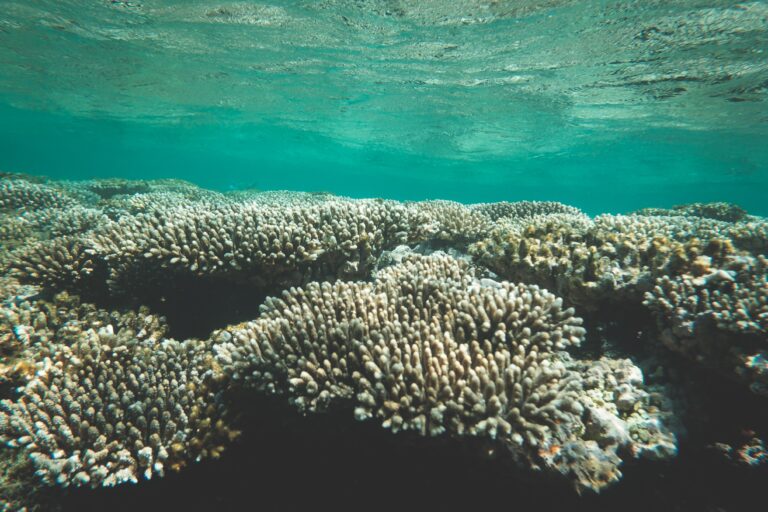Corals And Global Warming
Coral reefs are one of the richest ecosystems of the oceans and are an important habitat for many marine species. However, due to the effects of global warming, the health and integrity of coral reefs are under threat. Global warming increases the temperature of ocean waters, which poses serious problems for corals. Corals cannot withstand high temperatures and experience a phenomenon called bleaching due to heat stress. This causes the algae that they symbiotically live with to die, and corals slowly begin to disappear.
